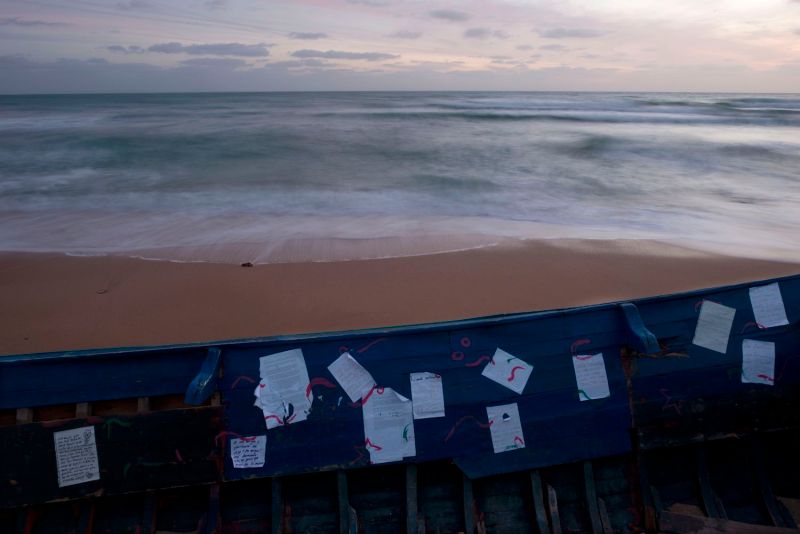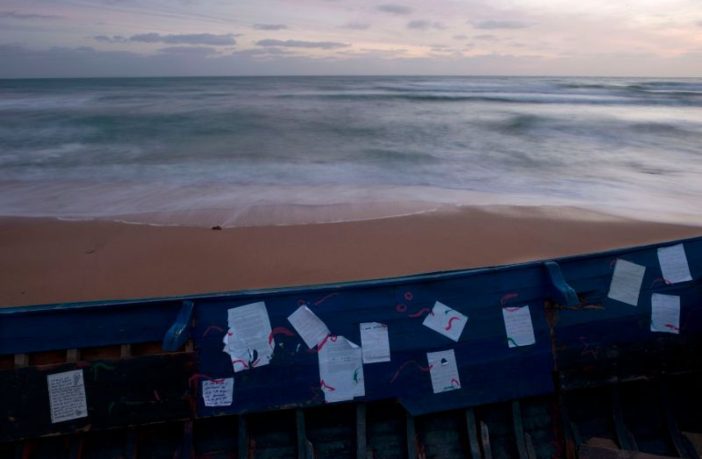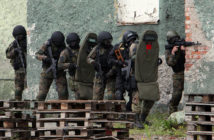Foreign Policy
by Steven A. Cook
 The United States should stop treating the region as secondary to the rest of the Middle East.
The United States should stop treating the region as secondary to the rest of the Middle East.
When I first came to Washington in the 1990s, people who worked on North Africa were few and far between. It was considered a backwater; no one ever came to Washington to solve the Western Sahara problem.
Instead, U.S. foreign-policy strivers made their way to the Beltway to ensure the security of the Persian Gulf’s shipping lanes, to write cheesy lines about the appropriateness of Wahhabism’s austere creed arising from such a harsh landscape, and to chase the whitest of white whales—peace between Israelis and Palestinians. It is a narrow view of the region that continues today, which is unfortunate because North Africa is far more important to U.S. interests than the Middle East obsessions—old and new—of the policy community.
It would be an exaggeration to suggest that as goes North Africa so goes Europe but not by much. The United States still has a compelling interest in a Europe that, in the words of the late George H.W. Bush, is “whole and free.” And among policymakers in Washington, there is increasing concern about Europe’s vulnerability because so much of its natural gas comes from Russia. But 11 percent comes from Algeria. That might not sound like a lot, but some individual European countries are more vulnerable than others. Spain, for example, gets 52 percent of its natural gas from Algeria. The North African giant is also Italy’s second-largest gas supplier. If Algeria descended into violence—not out of the realm of possibility—and its gas supplies were somehow disrupted, Europe would have a significant problem.
If Algeria descended into violence—not out of the realm of possibility—and its gas supplies were somehow disrupted, Europe would have a significant problem.
Could the continent make up the difference from other sources? Libya has a lot of gas, but it is in the midst of a civil war. Egypt also has tremendous amounts of gas, but it doesn’t have the capacity yet to make up any shortfalls that Europe might experience. The Israelis would love to sell gas to Europe, but the pipeline to Europe they envision may not be economically feasible.Then there is migration, an issue that has vexed Europe’s leaders, caught as they are between the European Union’s liberal cosmopolitanism and a virulent nationalism that a united, democratic, and prosperous continent was supposed to make irrelevant. Of course, migrants arriving on European shores via North Africa did not create Europe’s right-wing nationalist and neo-fascist parties, but they did give them a boost—and the effect on Europe has been devastating. Setting aside developments in Austria, Hungary, and Poland, the leaders of the Brexit campaign and the Alternative for Germany (a far-right party) fed off Europe’s migration crisis in 2015 to advance their ruinous and dangerous agendas. The destabilization of the United Kingdom and the prospect of German political polarization are deeply troubling and a strategic setback for the United States. If Washington has a true partner in this world, it has been London. Meanwhile, a successful, democratic Germany is a bedrock of European stability and prosperity.
For almost two decades, Washington’s focus has been on combating al Qaeda and then the Islamic State in Afghanistan, Iraq, Syria, and Yemen. Extremism in North Africa seems to be an afterthought. It should not be. Algeria, Libya, and Tunisia all have terrorism problems that have affected Europe in frightening ways.
Algeria, Libya, and Tunisia all have terrorism problems that have affected Europe in frightening ways.
In the 1990s, Algerian extremists bombed the Paris metro and hijacked an Air France flight in an attempt to force the crew to fly the plane into the Eiffel Tower. More recent terrorist attacks in Europe have been homegrown affairs, but that does not mean that Europe is safe from North African extremism. In Tunisia in 2015, extremists killed European tourists on a beach and in a museum. That is why the French have thrown their lot in with would-be Libyan strongman Gen. Khalifa Haftar—he promises to kill a lot of bad guys. President Emmanuel Macron may be wrong in his assessment of Haftar’s capabilities, and French policy may be making things worse, but his sense of where the threat comes from is clear. Algeria and Libya are huge countries that border Chad, Mali, and Niger, which are themselves confronting extremist violence. The prospect of groups linking up or merging in this region is a significant security challenge for Europeans.Finally, it is not just North Africa’s old colonial powers—France and Italy—that are active there. Russia has a long-standing defense relationship with Algeria, but it has also become more active in Libya. It should be clear by now that President Vladimir Putin wants to weaken and divide Europe. He has already forged an arc of Russian influence around the Mediterranean, stretching from Ankara in the north, through Damascus and Cairo, and then heading west from there into Benghazi. The latter is in Haftar’s territory and the part of Libya where the bulk of the country’s oil reserves are located. Putin doesn’t need to collect allies at the expense of the United States per se—he just needs to give Russia a base from which he can continue to sow discord and confusion in Europe.
Given how energy, migration, extremism, and Russia’s ambition coincide in North Africa to threaten European stability, it does not seem wise for U.S. policymakers to continue to treat the region as an afterthought. Peace between Israelis and Palestinians, as well as democracy in the Middle East, would be nice, but given the limits of American power, it makes more sense to devote Washington’s resources to places that matter more to U.S. interests. And North Africa matters. If you don’t believe me, look at a map.







